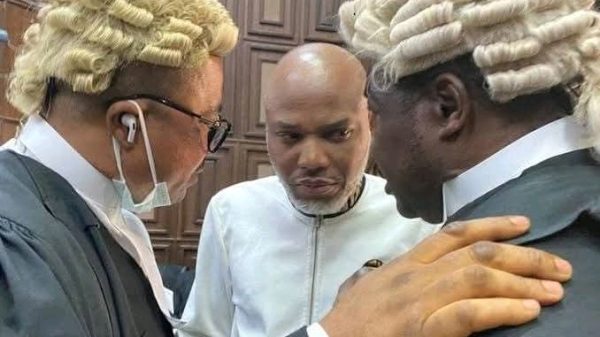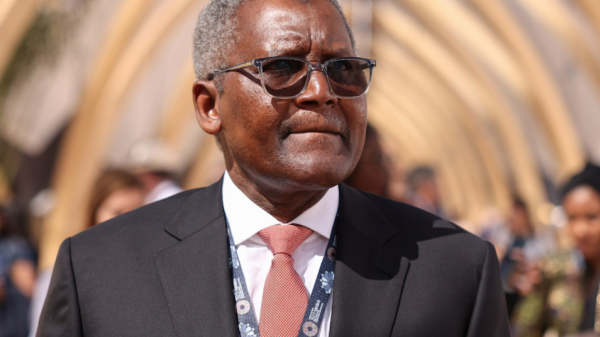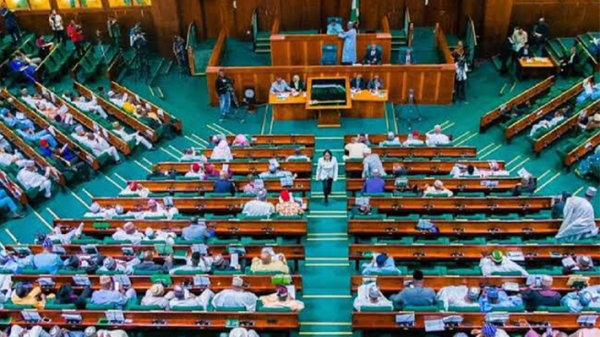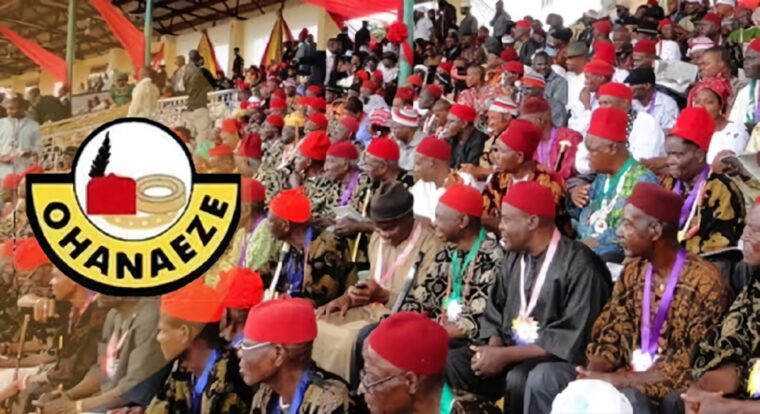The apex Igbo socio-cultural group, Ohanaeze Ndigbo, has called on President Bola Tinubu to issue a public apology and provide N10 trillion in reparations following former military leader General Ibrahim Babangida’s (IBB) recent statement clarifying that the 1966 coup was not an Igbo-led conspiracy, as widely believed.
During the launch of his book, “A Journey in Service”, Babangida dispelled long-held accusations that the coup was an ethnically driven Igbo agenda. He explained that while some Igbo officers were involved, many Igbo individuals were also victims, and officers from other ethnic backgrounds participated in the coup.
He further noted that Major John Obienu, an Igbo officer, played a key role in suppressing the coup, contradicting narratives that labeled the uprising as an Igbo-driven plot. Additionally, he pointed out that Major Kaduna Nzeogwu, often cited as the coup’s mastermind, was more culturally Hausa than Igbo due to his upbringing in Kaduna. Babangida revealed that the coup was initially meant to install Chief Obafemi Awolowo as Nigeria’s executive provisional president, challenging the perception that the coup had an Igbo-dominated agenda.
In response to these revelations, Ohanaeze Ndigbo, through its Deputy National President, Okechukwu Isiguzoro, has demanded that Tinubu issue a formal apology on behalf of past military regimes, particularly General Yakubu Gowon’s government, which led the counter-coup and the subsequent Nigerian Civil War. The group emphasized that the coup and the resulting war led to the deaths of approximately three million Igbo people, primarily women and children.
Ohanaeze also cited decades of systemic marginalization, including exclusion from key political positions, economic neglect, and infrastructural disadvantages, as further justification for their demands.
The group insists that the demand for N10 trillion is not arbitrary but represents symbolic recognition of the suffering and losses endured by the Igbo people. This claim was first presented during the 1999 Oputa Panel and remains a critical step toward national reconciliation.
“Ohanaeze appreciates IBB’s courage in officially stating that the 1966 coup was not an Igbo coup. This acknowledgment is not just about correcting historical records but also about seeking justice for the atrocities committed against the Igbo people,” the group’s statement read.
The organization stressed that addressing these past injustices is essential for fostering national unity and healing historical wounds. They urged President Tinubu to take this opportunity to acknowledge the suffering of the Igbo people and implement policies that would integrate them into Nigeria’s political and economic mainstream.

_upscale










































































































